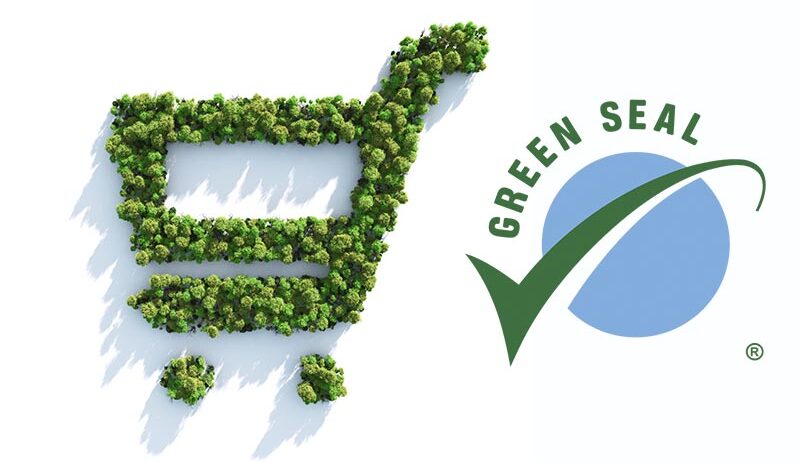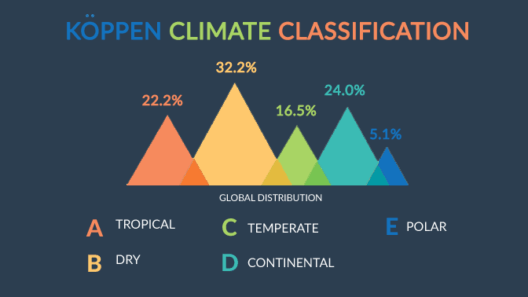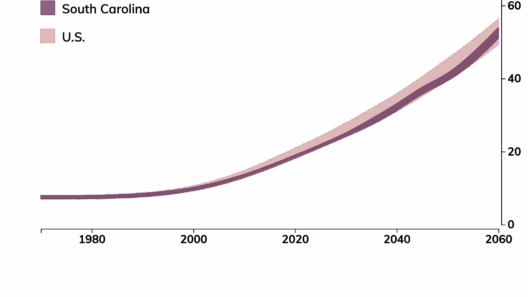The urgency of climate change has never been more palpable than it is today. As consumers increasingly seek to make environmentally conscious choices, numerous programs and initiatives have sprung up, aiming to guide these decisions. One such initiative is the Climate Pledge Friendly program, which beckons shoppers to embrace sustainability with a resolute heart. This innovative program not only simplifies the process of shopping sustainably but also engenders a broader awareness of the impact our choices can have on the planet.
Understanding the Climate Pledge Friendly Program
The Climate Pledge Friendly program is an initiative launched to promote the acquisition of sustainable products. It is designed for retailers and brands that meet stringent sustainability standards. Products that proudly carry the “Climate Pledge Friendly” label are those that have been determined as more environmentally friendly than conventional alternatives. This program is a harbinger of a transformative shift towards more conscientious consumption patterns.
Employing a well-defined set of criteria, the program accommodates various certifications. From energy efficiency to sustainably sourced raw materials, the initiative engages with numerous organizations that assess and endorse the environmental attributes of products. Consequently, the label serves as both an assurance and an invitation to consumers, encouraging them to make informed and responsible choices.
The Significance of Sustainable Shopping
Shopping sustainably is paramount for myriad reasons. Primarily, each purchase contributes to the broader objective of reducing carbon footprints and conserving natural resources. With a burgeoning global population, the demand for goods and services continues to escalate, exacerbating the depletion of our planet’s finite resources. Conscious consumerism, therefore, emerges as an indispensable countermeasure against environmental degradation.
Moreover, sustainable shopping holds brands accountable for their environmental practices. When consumers prioritize products with the Climate Pledge Friendly label, they signal to companies that sustainability matters. This, in turn, incentivizes manufacturers to adopt more eco-friendly practices. Hence, when consumers wield their purchasing power wisely, they become pawns in the game of promoting a sustainable economy.
The Economics of Eco-Conscious Choices
A common misconception is that sustainable products are prohibitively expensive; however, this is not invariably the case. Over time, the cost-effectiveness of sustainable choices often becomes apparent. Many eco-friendly products are designed to last longer and are less harmful to the environment, often saving consumers money in the long run. Furthermore, as competition in the sustainable product market increases, prices are expected to decline. Consumers can embrace the ethos of eco-sensitivity without compromising their budgets.
A Culture of Curiosity and Education
One of the most profound impacts of the Climate Pledge Friendly program is its ability to awaken curiosity among consumers. As individuals delve deeper into the significance of the label, they often find themselves captivated by the story behind products and brands. The intricate web connecting sustainability, economics, and social responsibility fosters an environment ripe for learning. This dynamic serves not merely to inform but to inspire individuals to have meaningful discussions about environmental issues and sustainable practices.
Engagement with educational campaigns and transparency foster an informed consumer base, always eager to learn more about the myriad ways they can contribute to environmental preservation. Whether it is conversing with friends or engaging on social media, the conversation surrounding sustainability is expanding exponentially.
The Broader Impact
The Climate Pledge Friendly program does not merely focus on individual consumer habits; its vision spans to encompass collective societal change. When a significant number of shoppers gravitate towards sustainable products, it helps to galvanize a movement. Such a phenomenon holds the potential to spur policymakers and industry leaders to prioritize sustainability in their agendas. The ripple effects can be substantial—greenspaces, reduced emissions, and a more stable climate can all emerge as fruits of informed consumerism.
Moreover, engaging with this movement can lead to innovative solutions. Entrepreneurs and emerging businesses often seek to fill the niches left by traditional companies overburdened by outdated practices. This exploration of new sustainable avenues could spur technological advancements, create employment opportunities, and foster a sense of community among like-minded individuals.
Challenges and Considerations
Additionally, access to sustainable products may be limited in certain regions, posing a hurdle for some consumers. Ensuring that eco-friendly options are available to everyone, regardless of geography or economic status, is crucial to foster inclusive sustainability.
Conclusion
In the end, the Climate Pledge Friendly program represents more than just a label—it signifies a paradigm shift in consumer attitudes towards sustainability. It invites individuals to move beyond mere transactional relationships with products, fostering a deeper connection to the resources they consume. By combining curiosity with conscientiousness, the initiative holds the promise of a brighter, more sustainable future. Adopting this mindset is not merely an act of self-interest; it embodies a collective responsibility to protect our planet for generations to come. In a world increasingly at the crossroads, aligning consumer habits with environmental ethics may redefine our destiny on this fragile globe.








